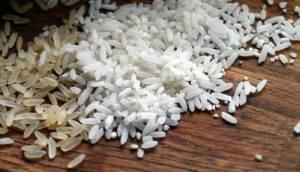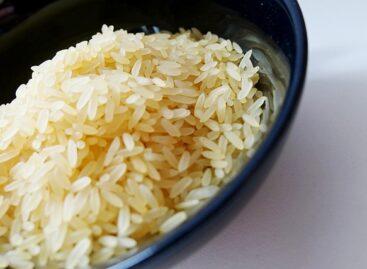Rice may become more expensive
The Government of India has considered easing export restrictions on non-basmati rice and other agricultural products to ease the plight of distressed producers and traders. The country’s economy relies heavily on the agricultural sector, and the government aims to reduce the negative effects of export restrictions on players in the sector.
 Non-basmati rice is an important export commodity in India, and the restrictions have caused significant losses to growers who have been unable to take advantage of demand in international markets. By restarting exports, the government aims to increase revenues and support the growth of the agricultural sector.
Non-basmati rice is an important export commodity in India, and the restrictions have caused significant losses to growers who have been unable to take advantage of demand in international markets. By restarting exports, the government aims to increase revenues and support the growth of the agricultural sector.
The mitigation proposals are also aimed at boosting trade relations, especially with countries that import large quantities of agricultural products from India. The lifting of export restrictions could boost India’s agricultural exports and contribute to economic growth while providing farmers with a more stable livelihood.
Related news
American rice in Japan: changing attitudes following rice shortage
More and more restaurants and chain stores in Japan are…
Read more >Rice price trends: why is it getting more expensive and how does it affect us?
Rice, as a staple food, has recently experienced significant price…
Read more >Hungarian rice and blue wheat flour are also featured on the Hungarian community stand at the Biofach exhibition
Europe’s largest organic trade fair, Biofach in Nuremberg, is back…
Read more >Related news
Corporate leaders’ commitment to sustainability at record level
According to the latest data from the K&H Sustainability Index,…
Read more >FAO food price index rose slightly in June due to higher prices of meat, dairy products and vegetable oils
The Food and Agriculture Organization of the United Nations (FAO)…
Read more >What can cause the price of a wine to increase tenfold?
There are fewer of them worldwide than the number of…
Read more >





